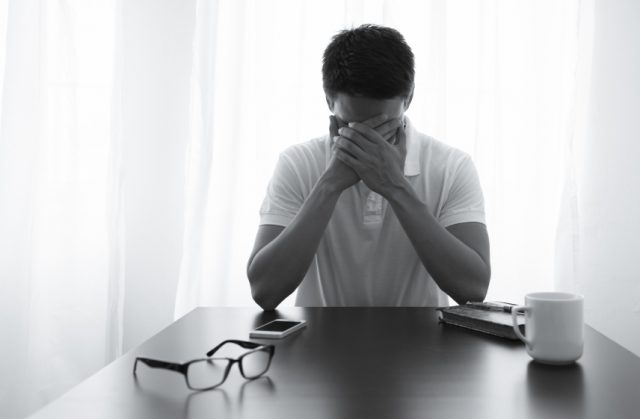Among the biggest challenges facing landlords today are keeping on top of vacancy rates, eliminating evictions and collecting rent on time with minimal hassle. These are common stress factors that typically come down to good tenant choice.
But Gianluca Leone, Founder of London flatshare website myrooms.co.uk, a service that maximises rental yield for landlords by renting out rooms individually to flat sharers, works closely with both property owners and tenants and understands the lesser known causes of landlord stress.
He has the unique perspective of seeing the triggers from both sides. It’s this experience dealing with each party that has equipped him to understand the specific and often unexpected factors that keep landlords awake at night.
Photography
“With technology and social media as it is today, good quality photography is essential to getting the right tenant into the property,” says Leone. “Tenants are immediately put off by poor quality photos or, worse, a total absence of them. But getting good quality imagery of a property isn’t as easy as pulling out your smartphone and taking a few snaps.
“Property photographs need to be taken on good quality equipment, by a professional. All angles need to be covered and the property must be presented in its best possible light. One of the services that our landlords really value is that we handle all of the photography, saving them time, money and stress.”

Six Surprising Sources of Landlord Stress
Tenants with a scruffy appearance
“First impressions count, and the impression a tenant leaves on a potential landlord or their appointed property manager can have an impact on their chances of securing that property,” says Leone.
While not calling on tenants to turn up in their best suit or most demure twin-set, Gianluca believes making a bit of an effort can create a good first impression.
“When a landlord meets a dishevelled looking tenant, it can be stressful to consider letting a property to them. It raises questions about how well they’re going to care for the property.”
Bad manners
This one works both ways. Although tenants and landlords won’t be seeing a whole lot of one another, they will have some degree of contact, and both parties will be hoping for a cordial, long-term relationship. There’s no need to be overly formal, but, as Leone explains, in a competitive market, little details can make a difference.
“Sometimes a landlord will have to choose between a number of interested tenants. While they never take these decisions lightly, who wants to lose out on a property simply because they forgot to wipe their feet on the way in?”
Loud personalities
“In my experience with landlords,” explains Leone, “they are almost all a little wary of renting their property to tenants who are generally very loud. That doesn’t just apply to the volume they play their music at either.”
“Landlords can be put off by a potential tenant if they are really loud in the way they speak or conduct themselves. Nobody likes living downstairs from a heavy-footed cupboard-banger, and landlords are cautious about receiving complaints from neighbours in this regard.”
Tip for tenants: If you’re naturally gregarious or animated, tone it down as much as you can when viewing a property.
Lack of stability
It’s a given that most landlords will value financial stability very highly in a tenant. But stability in general is quite important to a landlord too.
Leone explains: “Tenants that have a history of moving home or changing jobs every six months can seem risky to a landlord, even if there’s a reasonable explanation and they have a record of impeccable financial conduct. My advice to tenants who are frequent job or house movers is to explain this in advance to the landlord or their agent to put their mind at ease.”
Tip: If you’ve moved frequently for work or study, make a point of explaining this when viewing or applying for a property. If you don’t, the landlord or their agent may wonder about it.
Unpaid utility bills
While this may typically be the tenant’s obligation, nonpayment is highly stressful for the landlord. Afterall, it’s their name on the deeds. The last thing they want is to deal with unpaid utilities once a tenant has left the property.
One way around this is to include the bills with the rent. Leone explains the benefits: “All of our flat share clients pay rent that’s inclusive of bills and utilities. This ensures that we have full control over ensuring all bills are paid in full and on time. It’s one less thing for the landlord to worry about.
